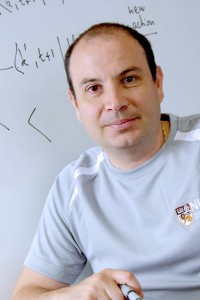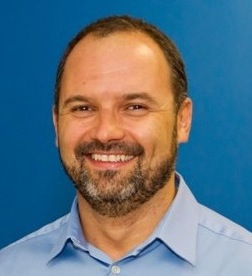Energy Harvesting (EH) is a new paradigm in Wireless Sensor Networks (WSNs): sensor nodes are powered by energy harvested from the ambient, rather than by non-rechargeable batteries, thus enabling a potentially perpetual operation of the WSN. However, Energy Harvesting poses new challenges in the design of WSNs, in that energy availability is random and fluctuates over time, thus calling for radically different energy management solutions. In this talk we investigate the following fundamental question: how should the harvested energy be managed to ensure optimal performance? First, we consider a sensor powered by EH which senses data of varying importance and reports them judiciously to a Fusion Center. Assuming that data transmission incurs an energy cost, our objective is to identify low-complexity policies that achieve close-to-optimal performance, in terms of maximizing the average long-term importance of the reported data. We first consider schemes that rely on the assumption of perfect knowledge of the amount of energy available in the battery. Subsequently, we investigate the design of operation policies that maximize the long-term reward under imperfect knowledge of the State-Of-Charge (SOC). Moreover, for both scenarios, we explore the impact of time-correlation in the EH process, showing that simple adaptation to the state of the EH process yields close-to-optimal performance, without requiring full knowledge of the SOC of the battery.
Michele Zorzi is a Professor at the Department of Information Engineering of the University of Padova. Prior to his current appointment, he was employed at the Politecnico di Milano, the University of Ferrara and the University of California at San Diego, with which he still has an active collaboration. He is an IEEE Fellow. His main research interests are in the area of wireless communications and networking, sensor networks and IoT, underwater communications and networks, cognitive networking, and energy-efficient protocol design. His work is widely cited, with a total of more than 11000 citations and an h-index of 52.




